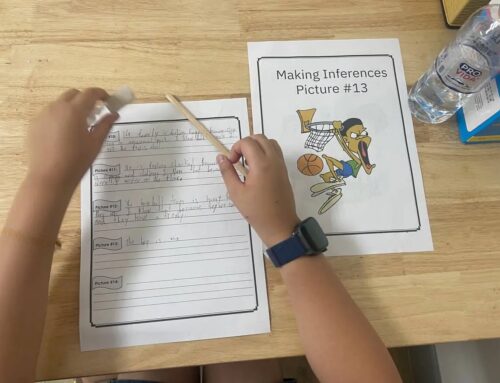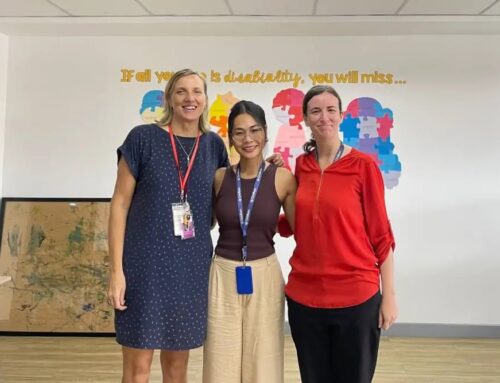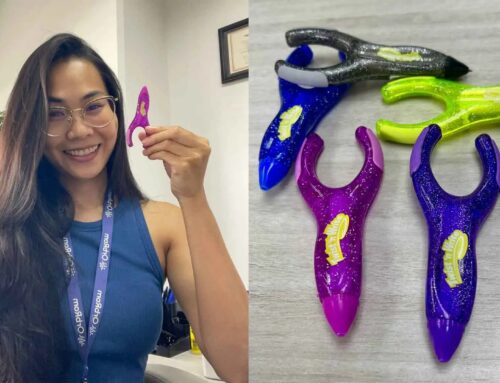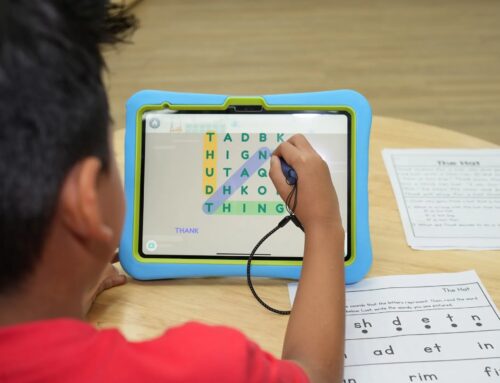[ad_1]
One of the most powerful aspects of occupational therapy is how it turns ordinary moments into developmental breakthroughs. In Phnom Penh, centers like OrbRom Center are showing that therapy doesn’t need to be clinical to be effective—it can be warm, fun, and filled with smiles.
The image above shows a joyful interaction between a child and therapist while playing a game like Jenga. This kind of activity builds far more than towers—it builds trust, executive function, fine motor skills, and emotional resilience.
Why Games Are So Valuable in Occupational Therapy
Therapeutic games are more than entertainment—they are carefully chosen tools for strengthening core developmental abilities. A game of Jenga, for example, supports:
-
Fine motor precision – Carefully lifting and placing blocks requires hand stability, grip control, and finger strength.
-
Visual-motor coordination – Children must visually track and guide their hands to manipulate small pieces accurately.
-
Executive functioning – The child must plan moves, control impulses, and remember sequences.
-
Emotional regulation – Learning to win or lose gracefully is a huge developmental milestone for many children.
At OrbRom Center in Phnom Penh, therapists incorporate these games into personalized treatment sessions, using every interaction to work toward specific developmental goals.
Creating Safe, Connected Therapy Spaces
The connection between the child and adult in the image isn’t just sweet—it’s vital. Children make more progress when they feel emotionally safe and genuinely connected to their therapist. This relationship builds trust, reduces anxiety, and boosts motivation to try hard tasks.
Occupational therapists at OrbRom Center focus on relationship-based intervention. They learn what motivates each child, how they cope with frustration, and how to tailor every session to meet both emotional and physical needs.
Executive Functioning in Everyday Life
Many children in Phnom Penh are referred to occupational therapy because of difficulties with focus, organization, or following multi-step directions. These challenges often stem from underdeveloped executive functioning skills—the brain’s ability to plan, prioritize, and manage time.
Games like Jenga, card matching, and sequencing tasks help children strengthen those mental muscles in a low-pressure, fun environment. And over time, those skills transfer to classroom performance, home routines, and peer relationships.
Whether your child struggles with staying on task, handwriting, emotional regulation, or motor delays, occupational therapy can help.
📍 You can find OrbRom Center easily on Google Maps: https://g.co/kgs/n1asDcH
🔗 Learn more about our child-centered therapy programs here: Occupational Therapy Services at OrbRom
[ad_2]
Source link






